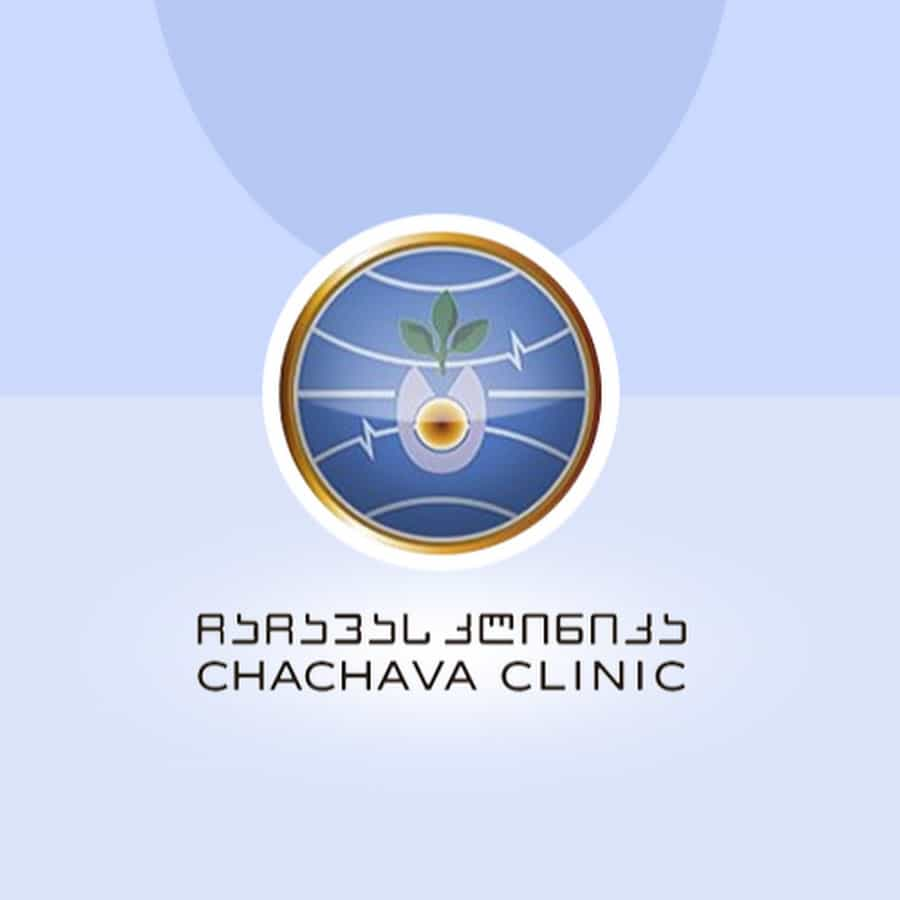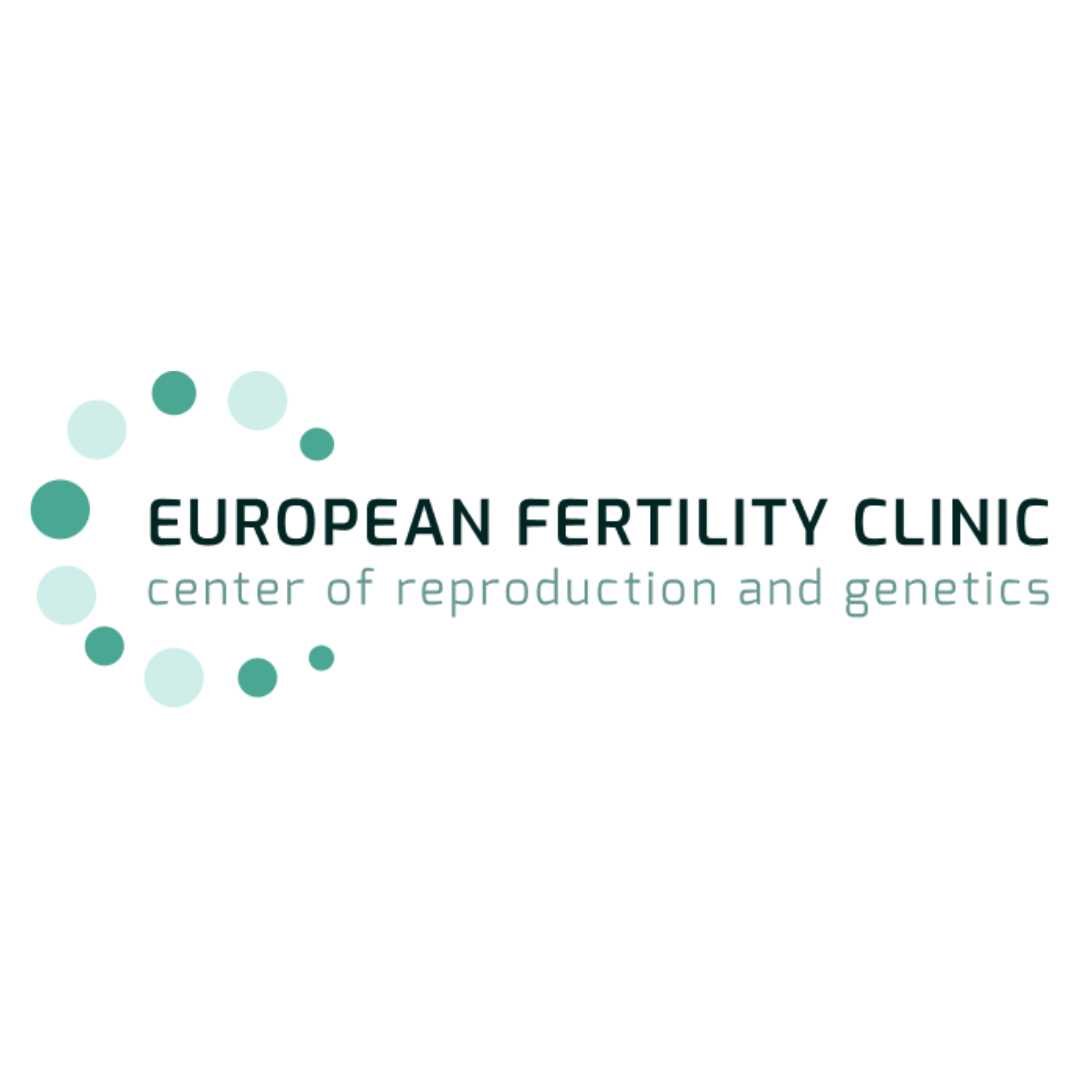Your Guide to IVF Egg Retrieval in Georgia

Yes, doctors in Georgia regularly perform egg retrieval as a standard and essential part of In Vitro Fertilization (IVF) procedures. This is a common and highly specialized medical procedure offered at numerous fertility clinics across the state, particularly in major cities like Atlanta. Georgia has a well-established and growing fertility industry, with many reputable clinics offering comprehensive IVF services, including egg retrieval.
The journey to parenthood can be filled with hope and questions, especially when considering In Vitro Fertilization (IVF). One of the most crucial steps in the IVF process is egg retrieval, a procedure that directly impacts the success of conceiving. For individuals and couples exploring fertility treatments in Georgia, understanding how and where this vital step is performed is key. Georgia is home to a number of advanced fertility centers equipped with the expertise and technology to facilitate successful egg retrieval and the broader IVF journey. These clinics provide comprehensive care, from initial consultation and diagnostic testing to the actual retrieval and embryo transfer.
What is Egg Retrieval in IVF?
"Egg retrieval in IVF is a minimally invasive surgical procedure where mature eggs are collected from the ovaries, typically under light sedation, to be fertilized in a laboratory."
Egg retrieval, also known as oocyte retrieval or follicle aspiration, is a critical step in the In Vitro Fertilization (IVF) process. After a period of ovarian stimulation with fertility medications designed to encourage the development of multiple mature eggs, the retrieval procedure is performed. It involves using an ultrasound-guided needle to gently aspirate (suction) the fluid and eggs from the ovarian follicles. This outpatient procedure is usually quick, lasting about 15-30 minutes, and is performed by a fertility specialist or reproductive endocrinologist in a clinic's dedicated procedure room.
The goal of egg retrieval is to obtain as many mature, viable eggs as possible, which can then be fertilized with sperm in the lab to create embryos. The number of eggs retrieved can vary significantly from person to person, depending on factors like age, ovarian reserve, and response to stimulation medications. The retrieved eggs are immediately taken to an embryology lab for assessment and fertilization.
Where Can I Get Egg Retrieval for IVF in Georgia?
"Egg retrieval for IVF in Georgia can be performed at specialized fertility clinics and reproductive endocrinology centers located primarily in and around Atlanta, as well as other major cities like Columbus."
Georgia boasts several highly reputable fertility clinics that offer comprehensive IVF services, including egg retrieval. Many of these clinics are concentrated in the Atlanta metropolitan area, known for its advanced medical facilities. Examples include the Atlanta Center for Reproductive Medicine (ACRM), Reproductive Biology Associates (RBA), Emory Reproductive Center, and Shady Grove Fertility. These clinics are equipped with state-of-the-art laboratories and experienced fertility specialists who regularly perform egg retrieval procedures.
Beyond Atlanta, you may find fertility clinics offering IVF services in other regions of Georgia, such as Columbus, which has centers like the Columbus Center for Reproductive Endocrinology & Infertility (CCREI). When choosing a clinic, it's advisable to consider factors like success rates, physician experience, patient reviews, and the range of services offered. Many clinics also offer initial consultations, often virtually, to discuss your specific needs and treatment options.
What is the Process for Egg Retrieval in Georgia?
"The egg retrieval process in Georgia typically involves ovarian stimulation, careful monitoring, a brief surgical procedure under sedation, and post-procedure recovery before eggs are transferred to the lab for fertilization."
The process of egg retrieval in Georgia, consistent with national and international standards, begins well before the actual procedure. It involves several key stages:
- Ovarian Stimulation: For about 8-14 days leading up to retrieval, the patient self-administers hormonal medications to stimulate the ovaries to produce multiple mature eggs.
- Monitoring: Throughout stimulation, the fertility specialist closely monitors the patient's progress through regular blood tests (to check hormone levels) and transvaginal ultrasounds (to visualize follicle growth). This monitoring helps determine the optimal time for retrieval.
- Trigger Shot: Once follicles reach an appropriate size, a "trigger shot" (an injection of hCG or a GnRH agonist) is administered to induce final egg maturation, typically 34-36 hours before retrieval.
- Egg Retrieval Procedure: The procedure itself is performed in the clinic under light intravenous sedation. A reproductive endocrinologist uses an ultrasound probe to guide a thin needle through the vaginal wall into each ovarian follicle. Gentle suction is applied to extract the fluid containing the eggs.
- Post-Retrieval Care: After the procedure, patients rest for a short period in the recovery room. Some mild cramping, bloating, or spotting is common. Most patients can return to normal light activities the following day. The retrieved eggs are immediately transported to the IVF laboratory for fertilization.
Are There Any Legal Considerations for Egg Retrieval in Georgia?
"Georgia has codified the right to IVF services, including egg retrieval, and offers legal recognition for intended parents from the moment of conception, making it a favorable state for fertility treatments."
Georgia's legal landscape is generally supportive of fertility treatments, including IVF and egg retrieval. In recent years, Georgia has taken steps to explicitly protect access to IVF. For example, Georgia House Bill 428, signed into law in 2025, codifies that nothing in Georgia law prohibits individuals from obtaining IVF services. This legislative action was partly in response to legal challenges to IVF in other states.
While Georgia law provides significant protections for IVF, it's important for patients to be aware of certain aspects, particularly concerning embryo disposition in cases of divorce or changes of heart. While clinics require consent forms, Georgia law does not provide standard language for these agreements, and case law on frozen embryo disposition is still evolving. Patients are advised to discuss all possible scenarios with their fertility clinic and, if desired, with legal counsel specializing in reproductive law to ensure their intentions regarding any unused embryos are clearly documented.
How Much Does Egg Retrieval for IVF Cost in Georgia?
"The cost of egg retrieval for IVF in Georgia is typically part of the overall IVF cycle cost, which can range from $10,000 to $20,000 or more, not including medication or genetic testing."
The cost of egg retrieval is usually not billed as a standalone procedure but is included within the comprehensive cost of an IVF cycle. The total cost of a single IVF cycle in Georgia can vary significantly depending on the clinic, the specific services included, and individual patient needs. Generally, a full IVF cycle in Georgia, which encompasses ovarian stimulation, monitoring, egg retrieval, fertilization, and embryo transfer, can range from $10,000 to $20,000.
It's crucial to note that this estimated cost often does not include:
- Fertility Medications: These can add several thousand dollars to the total.
- Genetic Testing (PGT): Preimplantation Genetic Testing, if chosen, is an additional cost.
- Cryopreservation (freezing) and storage of embryos or eggs: Long-term storage often incurs separate annual fees.
- Initial consultations and diagnostic testing: These may be billed separately or covered by insurance, depending on your plan.
Many fertility clinics in Georgia offer various financial programs, including package deals, financing options, and sometimes shared-risk programs. It's always recommended to get a detailed breakdown of costs from your chosen clinic.
What are the Risks Associated with Egg Retrieval?
"The risks associated with egg retrieval are generally low but can include mild discomfort, bleeding, infection, and, in rare cases, ovarian hyperstimulation syndrome (OHSS) or injury to nearby organs."
While egg retrieval is considered a safe and routine procedure, like any medical intervention, it carries some potential risks. These include:
- Discomfort/Pain: Mild cramping and discomfort are common after the procedure, usually managed with over-the-counter pain relievers.
- Bleeding: Light vaginal bleeding or spotting may occur after the procedure.
- Infection: Although rare, there is a small risk of infection of the ovaries, uterus, or pelvic area. Antibiotics may be prescribed to minimize this risk.
- Ovarian Hyperstimulation Syndrome (OHSS): This is a more serious but uncommon complication where the ovaries become swollen and painful due to over-response to fertility medications. Symptoms can range from mild (bloating, nausea) to severe (severe abdominal pain, vomiting, shortness of breath, fluid accumulation).
- Injury to Organs: In very rare instances, the needle used for retrieval could injure nearby organs such as the bladder, bowel, or blood vessels.
- Anesthesia Risks: As the procedure is performed under sedation, there are minimal risks associated with anesthesia, which will be discussed by the anesthesiologist.
Fertility specialists take precautions to minimize these risks, and patients are closely monitored throughout the process.
How Long Does Recovery Take After Egg Retrieval?
"Recovery after egg retrieval typically involves a few hours of rest at the clinic, followed by 1-2 days of light activity at home, with most individuals feeling back to normal within a few days."
Immediately after egg retrieval, patients will typically rest in a recovery area at the fertility clinic for a couple of hours while the effects of the sedation wear off. During this time, clinic staff will monitor vital signs and provide any necessary pain relief. Most individuals are able to go home the same day.
For the next 1-2 days, it's advisable to take it easy. Common post-retrieval symptoms include:
- Mild cramping and bloating: Similar to menstrual cramps.
- Light vaginal spotting: Due to the needle passing through the vaginal wall.
- Soreness or tenderness: In the pelvic area.
Most patients can resume light daily activities the day after the procedure. Strenuous exercise, heavy lifting, and sexual intercourse are generally advised against for a few days to a week to prevent discomfort and potential complications. Your fertility clinic will provide specific post-procedure instructions.
What Qualifications Do Doctors Performing Egg Retrieval in Georgia Have?
"Doctors performing egg retrieval in Georgia are typically board-certified reproductive endocrinologists or fertility specialists who have completed extensive training in reproductive medicine and surgery."
Egg retrieval is a highly specialized procedure, and it is performed by qualified medical professionals. In Georgia, the doctors performing egg retrieval for IVF are almost exclusively reproductive endocrinologists and infertility specialists. These physicians have undergone extensive education and training:
- Medical School: Four years of medical school.
- Residency: Four years of residency training in Obstetrics and Gynecology.
- Fellowship: An additional two to three years of specialized fellowship training in Reproductive Endocrinology and Infertility (REI).
- Board Certification: Many are board-certified by the American Board of Obstetrics and Gynecology, with subspecialty certification in Reproductive Endocrinology and Infertility.
This rigorous training ensures that they possess the expertise in diagnosing and treating infertility, managing ovarian stimulation, performing delicate procedures like egg retrieval, and overseeing the entire IVF process with precision and care.
Are There Age Limits for Egg Retrieval in Georgia?
"While there are no strict legal age limits for egg retrieval in Georgia, fertility clinics typically have medical guidelines based on a patient's health and the likelihood of successful outcomes."
There are no specific legal age limits for undergoing egg retrieval for IVF in Georgia. However, fertility clinics will have their own medical guidelines and recommendations. These guidelines are based on scientific evidence regarding the chances of a successful pregnancy and the health risks associated with pregnancy at advanced ages.
Generally, a woman's egg quality and quantity decline significantly with age, particularly after the mid-30s. While some clinics may offer IVF to women into their late 40s or even early 50s using their own eggs, the success rates decrease considerably. For older individuals, clinics may recommend using donor eggs to increase the chances of a successful pregnancy. The ultimate decision on treatment will be made in consultation with your fertility specialist, considering your overall health, ovarian reserve, and specific circumstances.
Can I Undergo Egg Freezing in Georgia?
"Yes, egg freezing (oocyte cryopreservation) is widely available in Georgia as a fertility preservation option for individuals who wish to preserve their reproductive potential for the future."
Egg freezing, also known as oocyte cryopreservation, is a well-established and increasingly popular fertility preservation method available in Georgia. Many of the same fertility clinics that offer IVF also provide egg freezing services. The process for egg freezing is very similar to the initial stages of an IVF cycle, involving ovarian stimulation and then egg retrieval. Instead of being fertilized, the retrieved eggs are immediately flash-frozen using a technique called vitrification and stored for future use.
Egg freezing is a valuable option for various reasons:
- Career or Personal Reasons: Individuals who wish to delay childbearing.
- Medical Reasons: Patients facing medical treatments (like chemotherapy or radiation) that could impair fertility.
- Genetic Conditions: Individuals with a family history of early menopause or certain genetic conditions.
- Military Personnel: Those in the military who wish to preserve their fertility before deployment.
Georgia's fertility clinics offer comprehensive support and counseling for individuals considering egg freezing, helping them understand the process, success rates, and associated costs.
What is the Difference Between Egg Retrieval for IVF and Egg Freezing?
"The primary difference between egg retrieval for IVF and egg freezing lies in the immediate post-retrieval step: for IVF, eggs are fertilized, while for egg freezing, they are cryopreserved for later use."
While the egg retrieval procedure itself is identical for both IVF and egg freezing, the subsequent steps differ significantly:
- Egg Retrieval for IVF: After retrieval, the mature eggs are immediately taken to the IVF laboratory. Here, they are fertilized with sperm (either from a partner or donor) to create embryos. These embryos are then cultured for a few days before being transferred to the uterus or cryopreserved for future use.
- Egg Freezing: Following retrieval, the mature eggs are not fertilized. Instead, they are quickly frozen using vitrification and stored in specialized cryopreservation tanks. These frozen eggs can then be thawed and fertilized with sperm at a later date when the individual is ready to attempt pregnancy. This allows individuals to preserve their fertility without immediate plans for conception.
Both procedures involve ovarian stimulation, careful monitoring, and the same egg retrieval technique, but their ultimate purpose and immediate outcomes differ.
What Happens to Unused Eggs After Retrieval in Georgia?
"Unused eggs after retrieval in Georgia can typically be frozen for future use, donated for research or to other individuals, or, in some cases, discarded, based on the patient's prior consent and clinic policies."
The disposition of unused eggs after egg retrieval in Georgia is an important consideration and is typically addressed in the comprehensive consent forms patients sign before beginning their IVF cycle. The options generally include:
- Cryopreservation (Freezing): The most common option is to freeze any viable, unfertilized eggs for future use. This allows patients to attempt additional cycles without undergoing another egg retrieval procedure.
- Donation for Research: Patients may choose to donate their unused eggs for scientific research, contributing to advancements in fertility treatment.
- Donation to Other Individuals: In some cases, patients may opt to donate their eggs to other individuals or couples struggling with infertility. This often involves specific screening and matching processes.
- Discarding: If the patient does not wish to freeze, donate, or use the eggs, they can choose to have them discarded. This decision is always made by the patient and is clearly outlined in the consent forms.
It's crucial for patients to discuss these options with their fertility clinic and make informed decisions about the disposition of their genetic material.
How Can I Find the Best Doctor for Egg Retrieval in Georgia?
"Finding the best doctor for egg retrieval in Georgia involves researching board-certified reproductive endocrinologists, checking clinic success rates, reading patient reviews, and scheduling initial consultations."
To find the best doctor for egg retrieval in Georgia, consider the following steps:
- Research Board-Certified Reproductive Endocrinologists: Look for doctors who are board-certified in Reproductive Endocrinology and Infertility. This indicates specialized training and expertise.
- Review Clinic Success Rates: Check the clinic's success rates, often reported to the Society for Assisted Reproductive Technology (SART). While success rates can vary based on patient demographics, they offer a general indication of a clinic's performance.
- Read Patient Reviews and Testimonials: Online reviews on platforms like Google, Healthgrades, and FertilityIQ can provide insights into patient experiences with specific doctors and clinics.
- Consider Location and Accessibility: Choose a clinic that is conveniently located for your regular monitoring appointments and the egg retrieval procedure.
- Schedule Initial Consultations: Many clinics offer initial consultations, either in-person or virtually. This is an excellent opportunity to meet the doctor, discuss your medical history, ask questions about their approach to egg retrieval and IVF, and assess if you feel comfortable with the team.
- Inquire about Financial Counseling: Understand the costs involved and available financial options.
By thoroughly researching and consulting with different providers, you can make an informed decision and find a fertility specialist who aligns with your needs and preferences.
Are you navigating the complex world of fertility treatments and looking for trusted IVF solutions? Explore PlacidWay's comprehensive resources to connect with leading fertility clinics and specialists worldwide, including top-tier facilities in Georgia, offering exceptional egg retrieval and IVF services. Your path to parenthood starts with informed choices—let PlacidWay guide you.


.png)




.png)
.png)








Share this listing